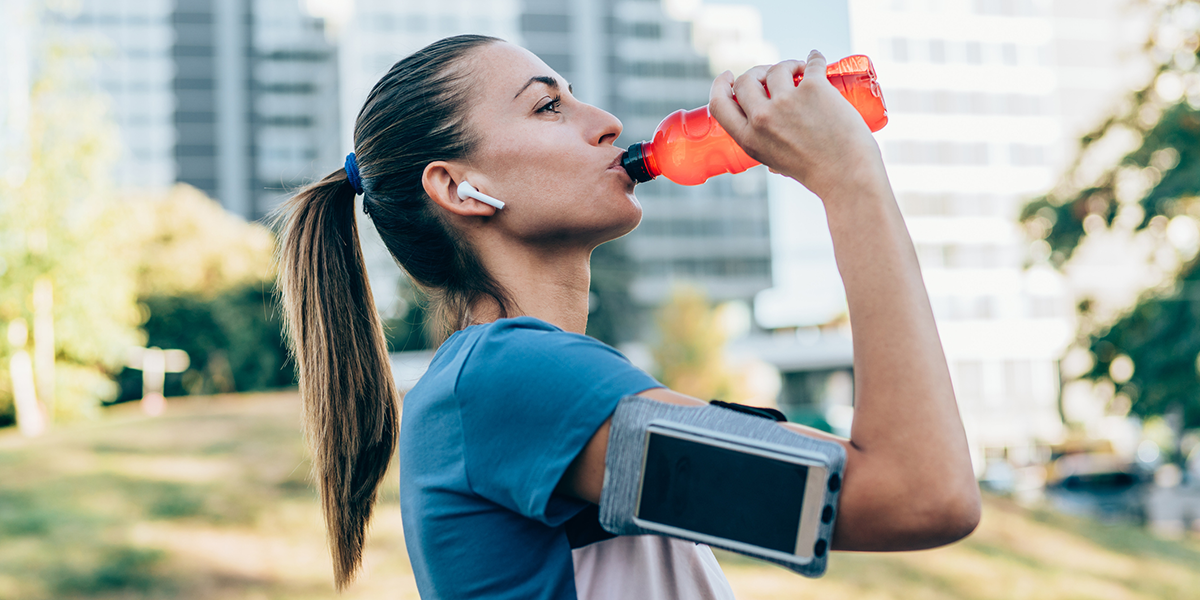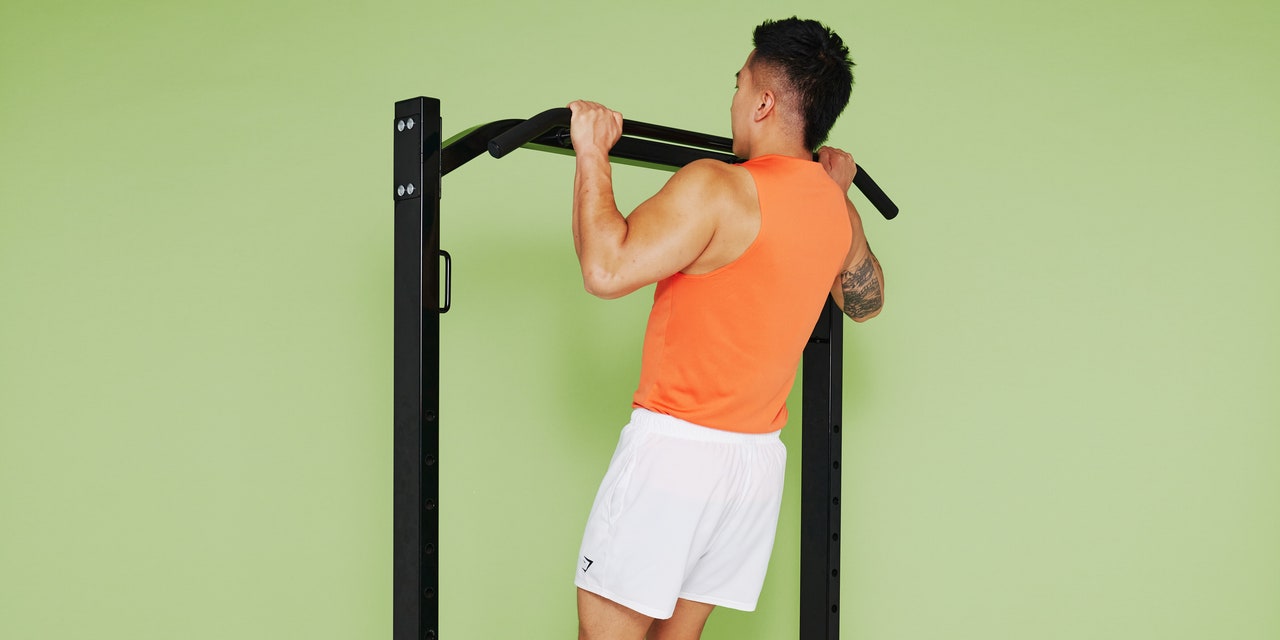What It’s Like to Take a Barre Class
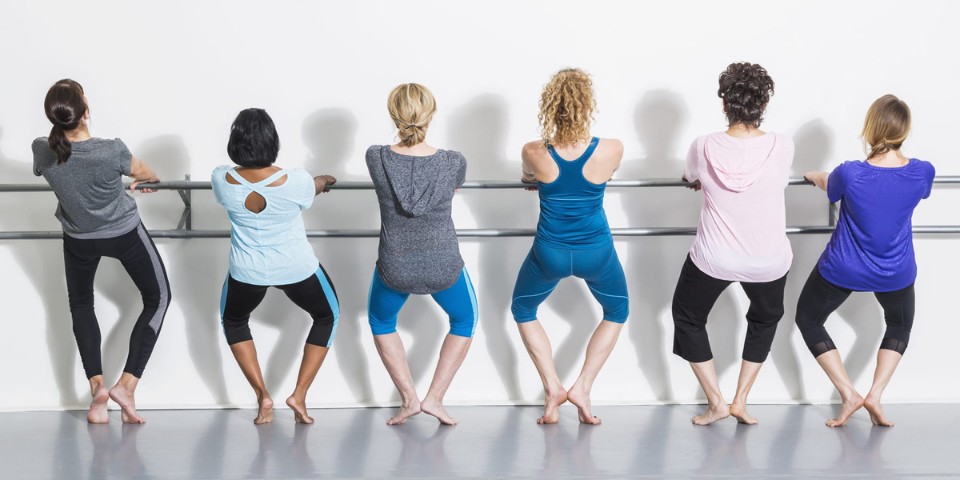
Among the fitness trends I’ve been eager to try, barre class ranked high on the list. The ballet-inspired workout has gained a massive following in recent years, with its main claim to fame being the ability to strengthen and sculpt your muscles to dancer status.
The promise of developing dancer-like anything was motivation enough for me to check it out, so I signed up for an introductory barre class to see what all the hype was about.
Here’s what I learned, and what you need to know if you want to try a barre workout for yourself.
What Is Barre?
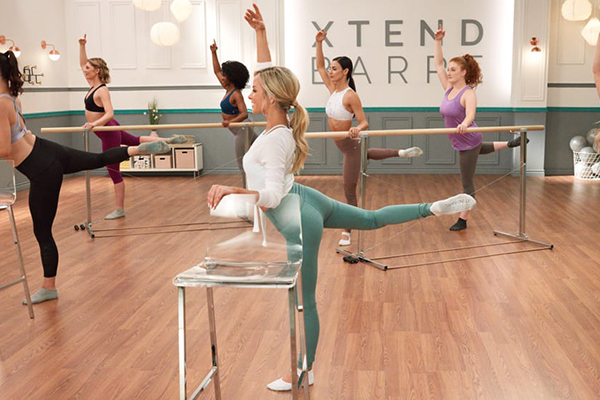
Barre is a full-body, low-impact workout that combines moves from yoga, Pilates, and ballet. There are several different variations of barre workouts today, but all modern barre classes — such as Xtend Barre — have roots in the Lotte Berk method, says Stephanie Saunders, BODi’s vice president of fitness programming.
A traditional barre class incorporates moves designed to both strengthen and stretch your muscles, including your arms, abs, glutes, and legs, while often improving your cardio. You use light weights (one to five pounds) during the arm strengthening portion of the class, but most exercises rely on bodyweight resistance alone.
And of course, around the perimeter of the room is a ballet barre, which you lean against or grip as you perform the moves.
During my first class, we alternated between compound movements (like sumo squats) and isometric holds combined with micro movements.
One of the most difficult moves for me? A version of glute lifts that targeted the hamstrings. Imagine lying on your back with your feet pressed against the bar and your hips lifted, then moving your hips up and down just one inch at a time — for several minutes.
To someone watching, these small, controlled movements might look easy, but they’re incredibly challenging. My muscles were on fire and shaking in every hold, and I’d occasionally have to pull out of the moves for a quick break before I could resume my posture.
This — the tiny, high-rep movements and subsequent burning and shaking — is the essence of barre workouts. Isometric contraction helps build strength, especially in the core, and muscular endurance, Saunders explains, while also improving your stabilization. Plus, moves like this “can take pressure out of the joints as they are moving through a limited range of motion,” she adds.
Is Barre Class Good for Weight Loss?
A barre class that incorporates cardio can burn calories and help with weight loss. For example, Xtend Barre is programmed around 30-minute cardio mixes of Pilates and ballet barre workouts that work your entire body while getting your heart rate up.
And because barre classes don’t require any heavy lifting or fast movements, they’re a great option for people who want to improve their strength while doing a low-impact, full-body workout.
When I first heard about barre workouts, I assumed I wouldn’t be qualified given my poor flexibility and limited experience with ballet (read: one recital when I was five). But you don’t need dance experience to participate. In fact, there’s no barrier to entry in terms of age or fitness level. All it takes is a willingness to sweat and work through the burn.
What Do I Wear to Barre?
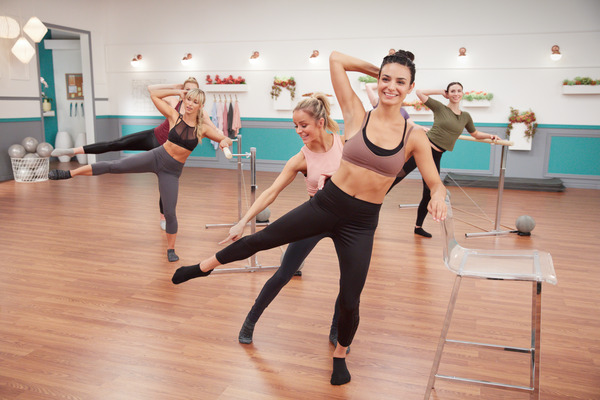
Form-fitting yoga clothes are the easiest and most comfortable to move around in. Plus, the tighter your clothes are, the easier it is for your instructor (or you!) to see your posture and correct it if necessary. As for shoes? Ditch ’em.
Most people go barefoot during barre, but if you’re doing barre on a wood floor, you’ll want to snag a pair of grip socks to wear since regular socks will slide too much.
How to Get the Most Out of a Barre Class
Barre workouts can help tone your muscles, improve your posture and stability, and ramp up your muscular endurance. However, if you’re looking to pack on serious muscle, you’ll need to supplement your barre workouts with weightlifting and other types of strength training.
And of course, cultivating other good habits, like getting adequate sleep, eating well, and prioritizing recovery, will play a major role in your overall health and fitness.
Final Thoughts
My first barre class lived up to the hype. It kicked my butt, worked muscles I forgot I even had, and served as an excellent break from the high-impact runs I typically do. Plus, it was a nice reminder that bigger and faster isn’t always better.
I moved through the exercises at a slower, more deliberate pace. The freedom to take my time and be intentional with my movements allowed me to tune into my body and pay close attention to the muscles I was working.


